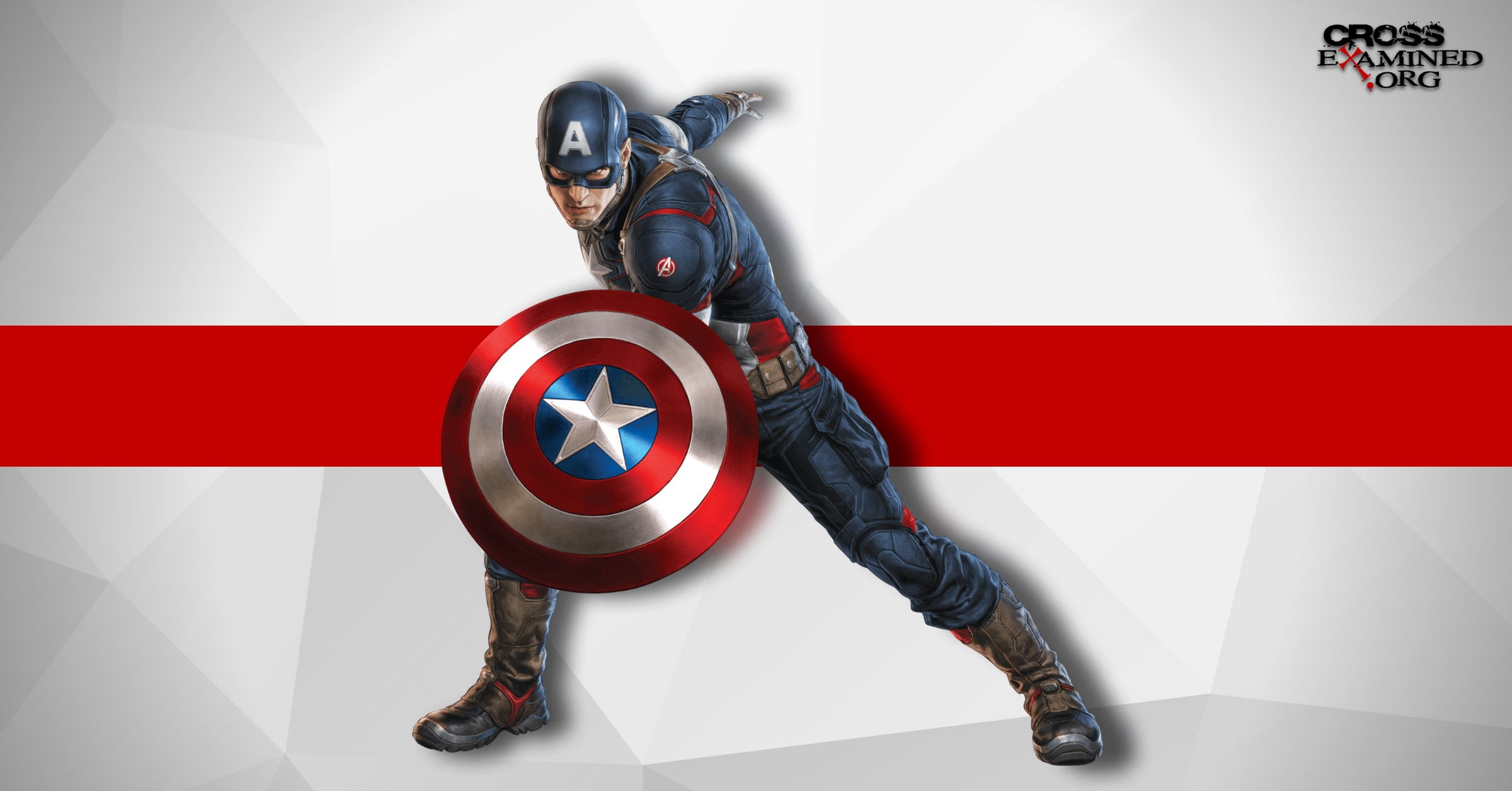The Marvel Movie franchise is arguably the most epic enterprise in movie history. The series has a number of stand-out characters; however, two stand out more than the others. In fact, their differences stand in such firm relief so as to culminate in a film where they were driven toe-to-toe whilst still harboring a slight underlying sense of respect for one to another.
These characters are, of course, Iron Man and Captain America.
When an actor takes the stage, the first question the thespian asks is “what’s my motivation”? The actor seeks to find the one underlying quest that drives all of his or her emotions and actions. In the Marvel universe, most of the characters are driven by the usual things: Thor is driven by his loyalty to the kingdom, family and friends – as is Black Panther. Spider-man is driven by a sense of responsibility undergirded by guilt – as is Hulk. Hawkeye and Widow are driven by duty.
However, in every good piece of fiction, one finds three specific characters – archetypes first outlined by Freud. These three include one character driven largely by self-interests and desire and one driven largely by dedication to principle and self-control. These two are usually at one another’s throats as they represent entirely opposite ends of the emotional spectrum. The third character serves to balance the other two, to keep them from fighting and destroying one another. In any given piece of fiction, one typically finds these three.
In the Marvel Cinematic Universe, the Id – the self-interest – is represented by the narcissistic Tony Stark (Iron Man), whose actions are largely motivated by his own ego and interest in self-glorification. The Super-ego – the character devoted to larger principles – is filled by the super soldier: Steve Rogers (Captain America).
Steve Rogers holds a unique and underappreciated role in the Marvel pantheon. As a man out of time, Rogers is not motivated by loyalty to any person or institution – given that all of the people and institutions that mattered in his life are long expired. The exception, of course, being his best friend with whom his relationship is complicated.
From the moment he graced the screen, Steve was shown to be a God-and-country idealist, who would willingly place his life on the line to stand up against bullies in defense of any cause he felt was just. This selfless dedication is preempted from the moment he willingly took a beating as a fragile teenager, never once backing down despite the impossibility of his winning. As Rogers’ military sponsor predicted, this attitude of selfless dedication to the larger good translated over from his fragile teenage state into the powerful monolith he eventually became. As Steve Rogers eventually wades into the larger world of superheroes and villains, he never once loses the “kid from Brooklyn” humility or morality.
What does all of this have to do with the Moral Argument?
Succinctly, the Moral Argument states that if morality is objective, then there is a God. The full formulation of the argument is a little more involved and nuanced, but it essentially boils down to this.
As a comic character, Captain America is a bit of an anomaly. Many of the iconic superheroes were birthed during the time of the World War. Superman, with his devotion to truth, justice and – yes – the American Way – was the creation of a couple of Jewish kids from Cleveland at the height of the World War. Wonder Woman – a Grecian figure of mythology – nonetheless wore star-spangled colors and an eagle crest. These all have lost their status as American icons as the country has become steadily less nationalistic. But by virtue of his name and costume, Captain America could never escape his status as a symbol of patriotism. His storyline also has him perpetually locked into the mindset of the so-called “greatest generation,” as – with history marching ever forward – he has still only recently stepped out of World War 2.
What this means practically is that writers of both comic and film have to somehow keep him a hero despite his outdated way of thinking. And so, are forced to concede to some standards which remain fixed and admirable, even as everything else changes.
Captain America is the iconic soldier. He puts aside all self-interest and gives his life over to the protection of a cause higher than himself. That Captain America can remain somehow relevant nearly a century after he was first conceived is evidence that there are some underlying standards of right and wrong that prop up society even as everyone disagrees about the particulars.
The argument from Steve Rogers is no home run for proponents of moral absolutism, but nevertheless, it does point to a much more obvious feature which prevails in media from time immemorial. That is to say that, we tell tales of heroes and villains – and have always done so. The tales themselves are built on the unspoken premise that heroism and villainy are actual features of reality. Consequently, there must be some standard against which actions may be judged. This is so instinctual that the viewer of media need not be told which character is hero and villain. They recognize it for themselves.
Morality is like pornography: you recognize it when you see it. It is intuitively obvious – and needs no deep consideration to identify. Deep, analytical thought is only required to find some manner of anchoring morality without appeals to the transcendent.
As a writer and artist, Joel Furches has primarily served the Christian Community by engaging in Apologetics and Christian ministry. Joel is an accomplished journalist, author, and editor, having written for both Christian publications – like Christian Media Magazine – and journalistic organizations – like CBS. Joel also edits academic research papers for universities. Joel does professional editing and reviews for all communities, including the science community. Joel currently has an undergraduate degree in Psychology and a Master’s degree in Education. Joel has worked for a number of years with neglected, abused and troubled youth. This has given him some uncomfortable but valuable insights into the human condition. Joel is on The Mentionables speaking team.
Original Blog Source: http://bit.ly/2NSMYFp


















Facebook Comments